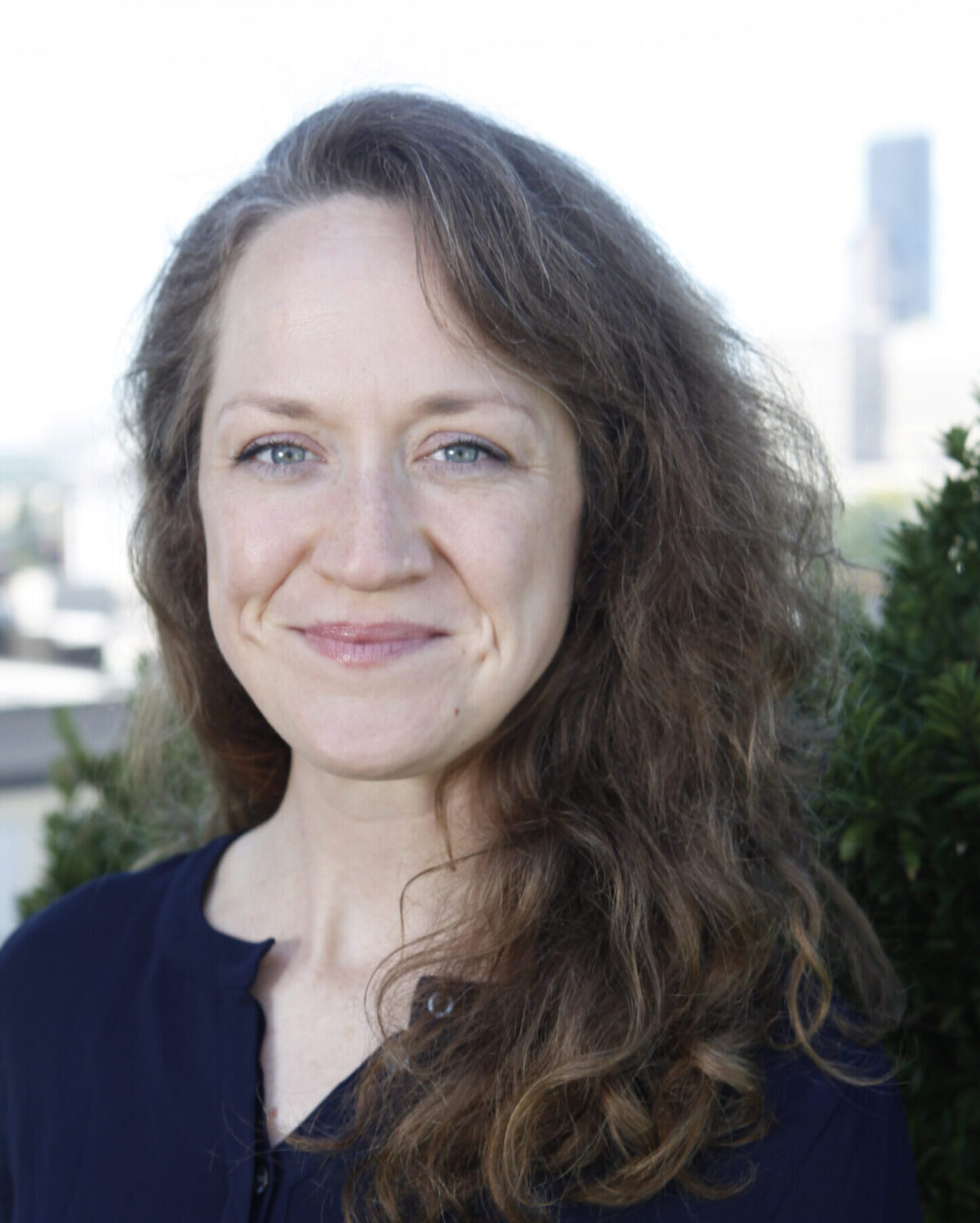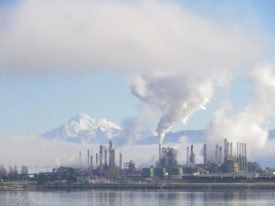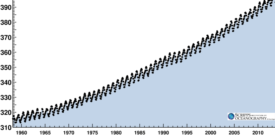Alan
Bill McKibben has taken to the pages of Rolling Stone again. This time, he’s assessing President Obama, and the conclusions are disturbing:
If you want to understand how people will remember the Obama climate legacy, a few facts tell the tale: By the time Obama leaves office, the U.S. will pass Saudi Arabia as the planet’s biggest oil producer and Russia as the world’s biggest producer of oil and gas combined. In the same years, even as we’ve begun to burn less coal at home, our coal exports have climbed to record highs. We are, despite slight declines in our domestic emissions, a global-warming machine: At the moment when physics tell us we should be jamming on the carbon brakes, America is revving the engine.
The netflixing of books has arrived: subscription-based access to a library of e-books. The most interesting thing about the service is what they reveal about readers’ actual behavior. People finish books of erotica, for example, but they only read one chapter of books on yoga.
Clark
An analyst for investment website Fool.com makes a case against investing in US coal companies—largely because of the industry’s false steps with Northwest coal exports!
The New York Times’ dialect quiz thinks I come from Madison, Wisconsin, or possibly Buffalo, New York. But I grew up in Delaware. (Maybe I just speak funny.)
Physics is cool: here’s an amazing levitating chain.
Eric
At Whatcom Watch, Michael Riordan sketches some of the daunting environmental challenges faced by the Gateway Pacific coal terminal proposal. He draws attention to the area’s occasional ferocious windstorms, an issue that has been largely overlooked in the debate so far.
Starting next month, folks can check out Bonnie Meltzer’s new exhibit at the University of Portland’s Buckley Center Gallery, “Coal: Not In Any Backyard.”
Anna
Upstairs Downstairs. Downton Abbey. A slew of adaptations of classic novels (e.g., Pride and Prejudice) focusing on the previously invisible and ignored domestic servants. I’m hooked like everybody else. But what’s the allure of the class-divided (and stairs-divided) period piece? Ruth Margalit digs into it in the New Yorker.
The top four most delusional comments made by leaders of big, powerful corporations.
I always like a nice, short list for big, messy issues that otherwise risk overwhelming me. Here’s 10 toxic products no one needs.
And, if you haven’t already, check out Robert Brulle’s report on the “dark money” that funds sinister and pervasive climate denial campaigns.









John Abbotts
Hello Clark,
Thanks for the link to the NYT dialect quiz. My three most similar cities were Rochester, Fort Wayne, and Reno, but it looks like the map area with the darkest “Most Similar” score is central-western Oregon (which I know is not pronounced Or-e-gone). My three least similar cities were all in the deep South.
I could argue that this is consistent with my travels and genes: My mother was from Oklahoma, my maternal grandfather from Kansas, and people say that I have a flat Kansas-like accent, which may explain that. But I grew up in New Jersey, served in the Navy on both coasts, and for over 30 yrs, lived only in the Washington, D.C. or Seattle areas for work and/or school. I suppose one could code an algorithm that would reflect all my exposures to different dialects, but central-Western OR, where I have visited but never lived, seems a logical result, as well as a satisfactory outcome, as far as I am concerned.
Thanks for link, it was fun.